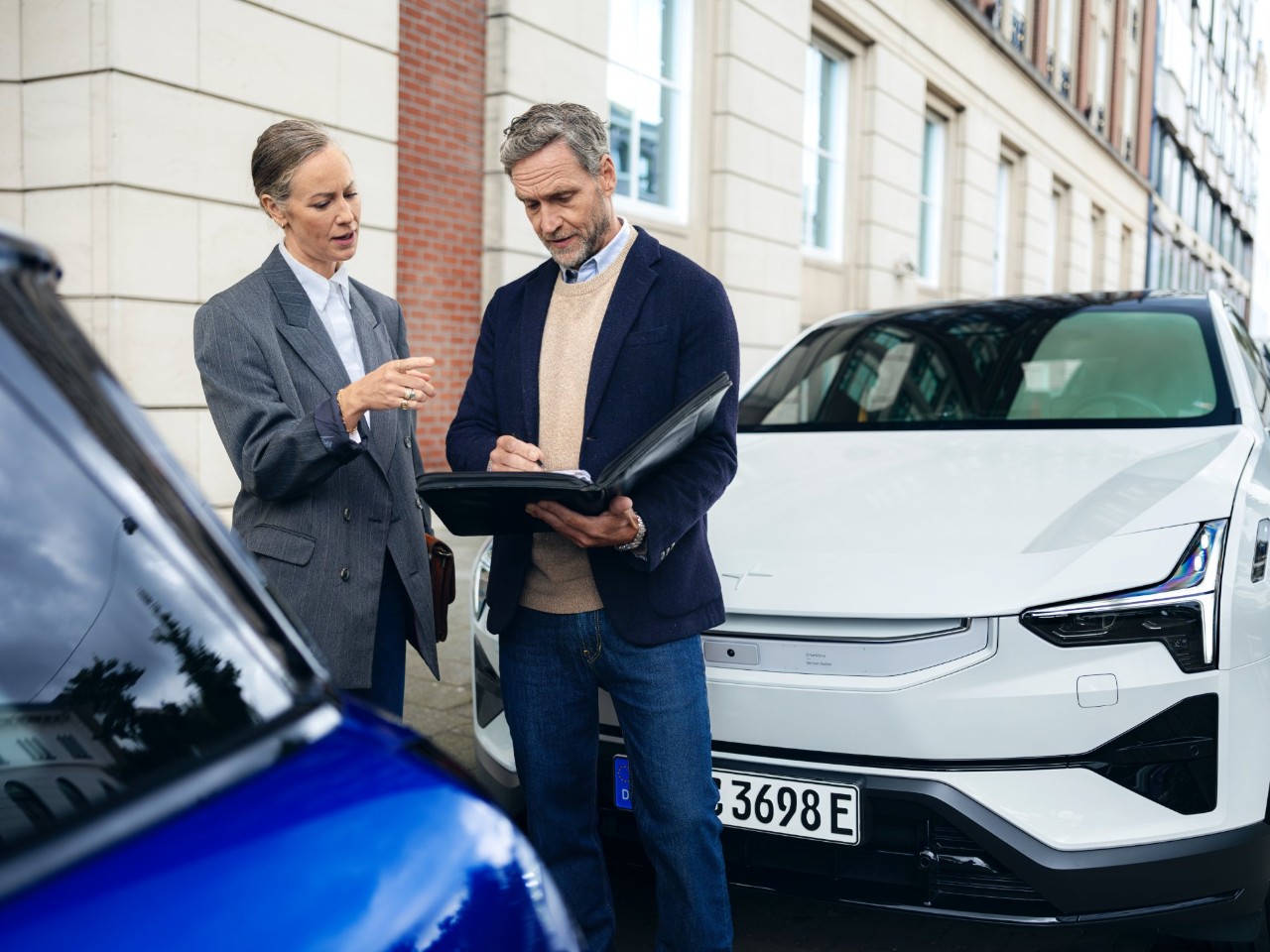Whether your business has less than ten vehicles or over a thousand, it’s up to you, as the person managing the fleet, to keep track of them. However, staying on top of your vehicles is a complex task without the right tools in place. From managing fuel spend to tracking mileage, you need accurate information – fast.
In this blog, we explore why tracking your vehicles is important and all the best methods to do this without the paperwork.
Why you should keep track of your fleet
There are many reasons why monitoring your vehicles is key to improving fleet efficiency.
These include:
-
Saving time and mileage by optimising routes with GPS
-
Uncovering more cost-effective ways of operating
-
Receiving alerts in the event of theft or accidents sooner
-
Meeting your Duty of Care obligations
-
Delivering better customer service
What should you be keeping track on?
Different businesses and fleets will have different priorities, but in general you should at minimum ensure you’re keeping an eye on the following:
Talk to our experts

Got questions? We’ve got answers
If you have any questions about fleet management for small or medium enterprises our team of experts are here to help, offering you comprehensive knowledge, clarity and can focus on your specific requirements.
-
Mon - Fri 08:30 - 17:30





